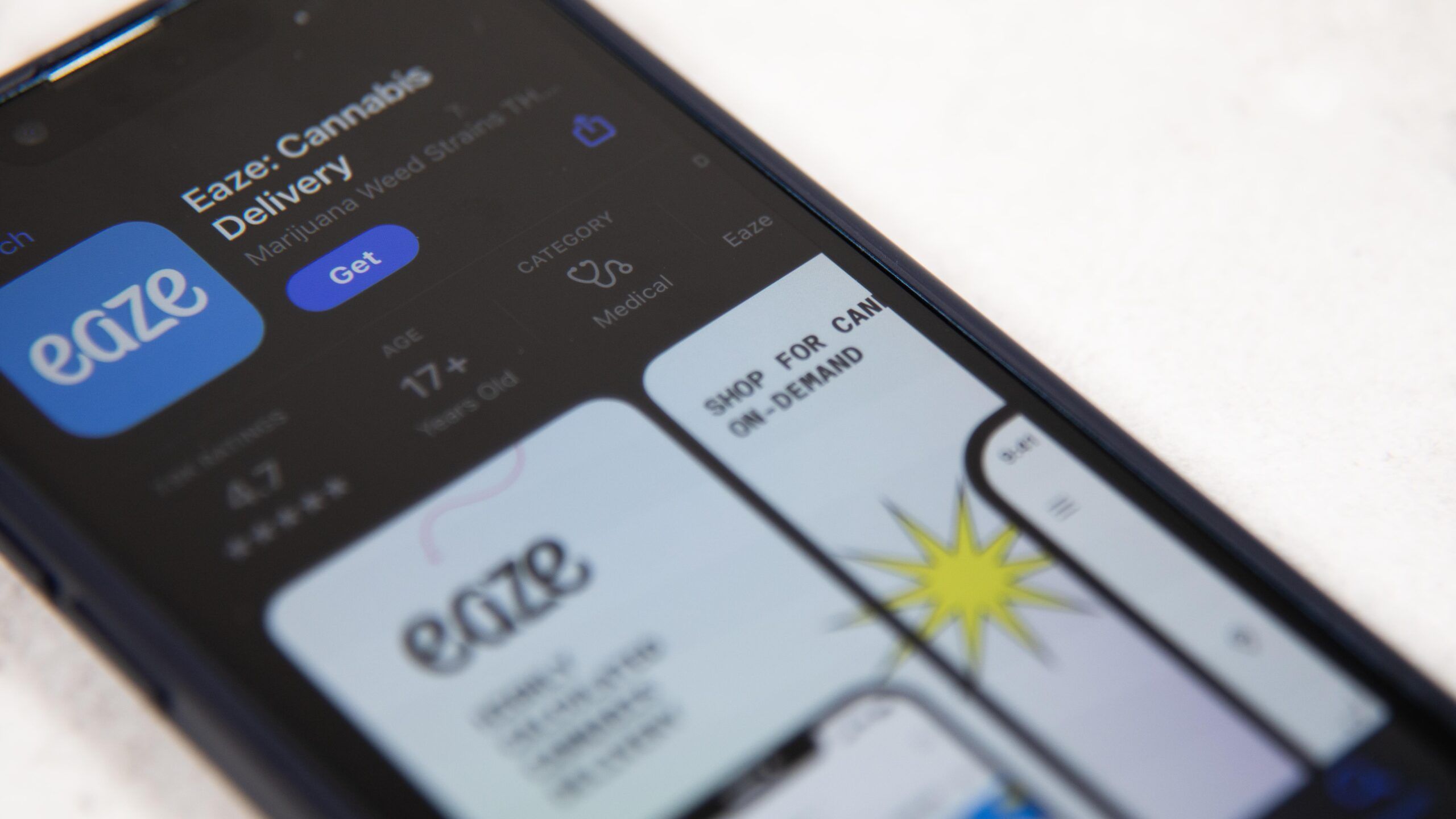As of November 2023, cannabis delivery services have become an essential part of the cannabis industry in the United States, providing both medicinal and recreational cannabis to consumers across various states. With the growing legalization of cannabis at the state level, delivery services have become a convenient option for many people, especially those with mobility challenges or who prefer the privacy of having cannabis products delivered to their doorsteps. However, the landscape of cannabis delivery is regulated by strict laws, which vary widely depending on the state, the type of cannabis (medicinal or recreational), and delivery boundaries.
Cannabis Delivery Laws in the USA
While many states have legalized the delivery of cannabis, the federal government still classifies cannabis as a Schedule I controlled substance under the Controlled Substances Act, meaning it remains illegal at the federal level. This creates a patchwork of state laws that regulate cannabis delivery services.
Medicinal Cannabis Delivery
In states where medicinal cannabis is legal, patients with a medical marijuana card can order cannabis products and have them delivered. The following requirements are generally common across states:
- Proof of Medical Marijuana Card: Patients must provide their medical cannabis card and a valid form of identification upon delivery.
- Licensed Dispensaries: Delivery must be conducted through licensed dispensaries, which ensures that all cannabis products meet state quality and safety standards.
- Delivery Location: In most states, medicinal cannabis can only be delivered to the patient’s residence or care facility. Deliveries to public places, schools, or workplaces are prohibited.
States like California, Colorado, and Massachusetts have well-established medicinal cannabis delivery systems.
Recreational Cannabis Delivery
Recreational cannabis delivery is available in states where adult-use cannabis is legal. However, laws and regulations vary from state to state. Some important points include:
- Age Restrictions: Only adults aged 21 and over can purchase recreational cannabis. Delivery drivers are required to verify the customer’s age with a valid ID before completing the delivery.
- Purchase Limits: Most states set limits on the amount of cannabis that can be delivered at one time. For example, in California, consumers can purchase up to 28.5 grams of cannabis flower or 8 grams of concentrate per day.
- State-Specific Licensing: Delivery services must be licensed by the state, and some states, such as Nevada and Oregon, have additional requirements for delivery drivers, including background checks.
State-Specific Laws and Boundaries
Cannabis delivery is still subject to local jurisdiction and boundaries within each state. Some states allow cannabis delivery throughout the state, while others impose local restrictions.
- California: As one of the largest cannabis markets in the U.S., California permits both medicinal and recreational cannabis delivery. State laws allow delivery services to operate throughout the state, regardless of local city or county bans on cannabis storefronts. However, cannabis delivery drivers cannot cross state lines.
- New York: Following the legalization of recreational cannabis in 2021, New York introduced delivery services for both medicinal and recreational consumers. Delivery services in New York must operate from licensed dispensaries, and they are expected to play a large role as the state’s cannabis industry continues to develop.
- Colorado: While Colorado was one of the first states to legalize recreational cannabis, it wasn’t until 2021 that the state allowed recreational cannabis delivery services. However, delivery is limited to certain cities, such as Denver and Aurora. Medical cannabis delivery is permitted statewide.
- Michigan: Michigan, which legalized recreational cannabis in 2018, allows cannabis delivery across much of the state. Like other states, only licensed dispensaries can offer delivery services, and deliveries are restricted to certain municipalities that have opted into the program.
Impact of the COVID-19 Pandemic on Cannabis Delivery
The COVID-19 pandemic had a significant impact on cannabis delivery services across the country. As people were required to stay at home during lockdowns, demand for cannabis delivery skyrocketed. Many states expanded their cannabis delivery laws to accommodate the surge in demand. For example, Massachusetts, which initially had strict rules about dispensaries, relaxed its regulations to allow for curbside pickup and delivery during the pandemic.
Source: Forbes – Cannabis Delivery Industry
The Future of Cannabis Delivery
Looking forward, the cannabis delivery industry is poised for growth as more states move toward legalizing recreational cannabis. Delivery services offer a convenient and accessible way for people to obtain cannabis products, and with increasing public support for cannabis legalization, more states may follow suit. However, delivery services will continue to operate within a highly regulated framework, ensuring that all transactions comply with both state and local laws.
As of November 2023, cannabis delivery is available in a growing number of states, and its future looks bright, particularly as federal legalization continues to be debated.
Sources:






